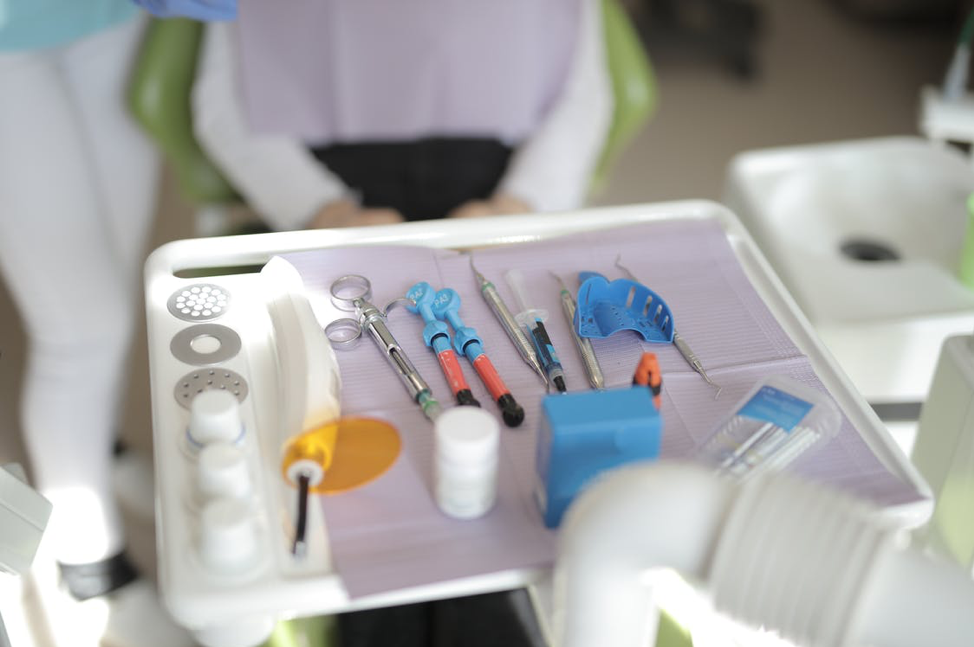What is a nasal polyp? At times you may feel like you have a blocked or dried up nose or like someone’s choking you. Besides, you may be unable to breathe at times. This is usually due to nasal polyps, which are small non-cancerous drops that appear hanging down on the lining of your sinus or nasal passages. There is no age limit when it comes to developing nasal polyps, as anyone is prone to experiencing it. However, this is more common in adults. There are many causes and symptoms of nasal polyps, along with the many treatments. To learn more about nasal polyps, read this article further below.

(Source)
How Are Nasal Polyps Caused?
Nasal polyps are like an allergic reaction that occurs inside your nose. Nasal polyps are drops that grow in the nasal mucosa tissue that includes a very wet layer. This wet layer protects all your sinuses and the nose’s internal area from different air that you breathe in. If you experience an allergic reaction in your nose, the mucosa swells up and starts to produce fluids that drip from your nose.
If this reaction becomes worse, the mucosa eventually begins to form a polyp that causes nasal blockage. A few things may trigger nasal polyps, such as asthma, cystic fibrosis, sinus infection, hay fever, and Chrug-Strauss syndrome.
Common Symptoms of Nasal Polyps
Sometimes you may not be aware that you’re suffering from nasal polyps as the symptoms differ from person to person. It depends on how big or small the growth of the polyps are. Nasal polyps that are large tend to block your nasal passages and sinuses, while small polyps are pretty soft, and you can barely see or feel them. There are a few common symptoms of nasal polyps mentioned below:
- Loss of taste and sense of smell
- Postnasal drip
- Migraine
- Swollen Face
- Upper gum pain
- Pressure over the face and forehead (more like a sensation)
- Snoring
- Stuffy nose
- Runny nose
- Nose bleeding
Treatments Available for Nasal Polyps
There are two treatment options available; one is through medications that your ENT will prescribe to you. As long as you follow the proper course, you should surely recover. If your ENT feels like the situation is worse than expected, and if the symptoms aren’t improving with medications, you may have to undergo surgery. Mentioned below are the two types of treatment options available:
Medications
Medications such as nasal steroids are an acceptable form of treatment to help reduce the polyp’s size, simmering down the symptoms like congestion. Steroids help in reducing symptoms such as runny nose by deteriorating the size of the polyp. You must regularly take them for effective results. Antibiotics are also an acceptable form of medication when it comes to treating allergic reactions in your nose.
If you’re not comfortable taking nasal sprays or are not finding them useful, you can take prednisone, which is an oral injectable steroid. However, prednisone is not very long-lasting and comes with many side-effects.
Surgery
If your symptoms don’t improve with medications’ help, you may have to go for a polypectomy; an outpatient surgery carried out by your ENT. This surgery involves removing the soft tissue mucosa through small suction devices that cut through your nose.
If the polyps are larger than expected, your doctor will conduct an endoscopic sinus surgery that involves using a thin endoscope with a tiny camera and small tools at one end. Through this device, the doctor will remove the polyps by enlarging your sinus cavities.

(Source)
Nasal Polyps Diagnoses
Once you start experiencing the symptoms mentioned above, you will have to visit an ENT specialist to get proper diagnoses. To check if you have nasal polyps, your doctor will use an otoscope to inspect your nasal passages. If the doctor identifies a deep polyp in your sinus, he/she will further conduct an MRI or CT scan to know the polyp’s size and identify its location. Through these scans, the doctor will also be able to identify any other growths that may appear and decide whether you need surgery.
Allergy tests also take place to determine the presence of nasal polyps. These tests involve pricking your skin and deposit liquids to identify types of allergens that may be present.
Final Words
Nasal polyps can get severe if not treated right away and may cause many other complications. If you feel like you or someone you know may be experiencing nasal polyps, you must get in touch with the best ENT specialist. Get in touch with NYC’s top nose, ear, sinuses, and throat specialist Michael Burnett MD. Book your appointment now.







